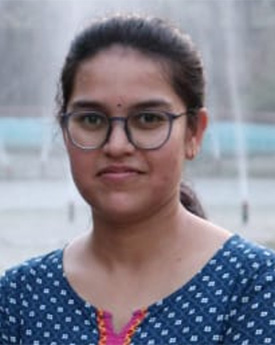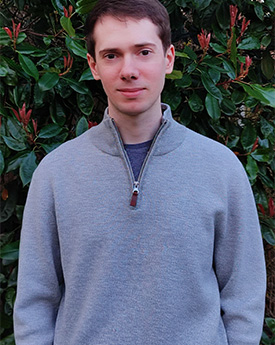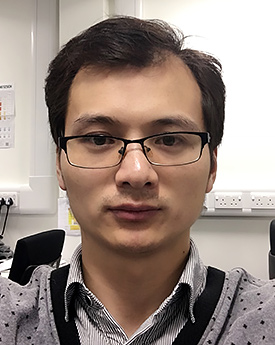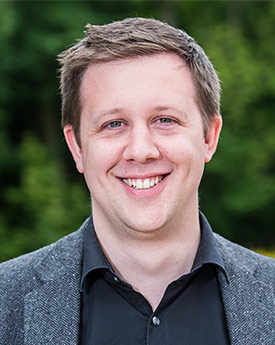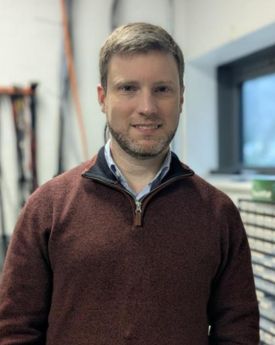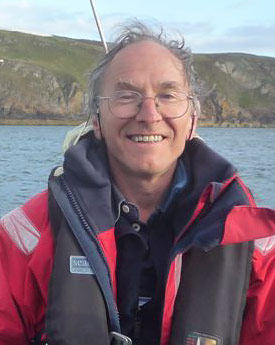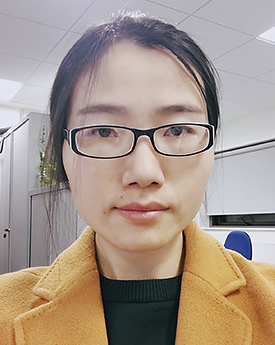About us
Molecular electronics uses individual molecules and molecular layers to perform functions, such as switching and memory, typically associated with traditional semiconductor devices. Our research has shown that the unique quantum and electronic properties of molecules has the potential to enable ultra-miniaturised devices surpassing current silicon-based technology in efficiency, scalability, and functionality.
Molecular electronics at Lancaster is an interdisciplinary research activity to develop novel molecular materials directed towards a range of applications with an emphasis on molecular electronics, green energy materials, digital chemistry, quantum electronic sensors, and novel molecular synthesis.
Our research is leading activity in organic thermoelectrics for waste heat recovery, low power memristive devices for neuromorphic computing and AI, small atom cluster ultra-efficient catalysts, amorphous porous materials for batteries and gas storage, quantum transport and on-chip atomic clocks, organic electronic materials, and organic synthesis and materials design.
Molecular scale electronics at Lancaster is a major and rapidly growing cross-disciplinary theme, with £10M of grant awards in the last year and a working community of 7 senior academic researchers and over 40 PhD and postdoctoral researchers.




